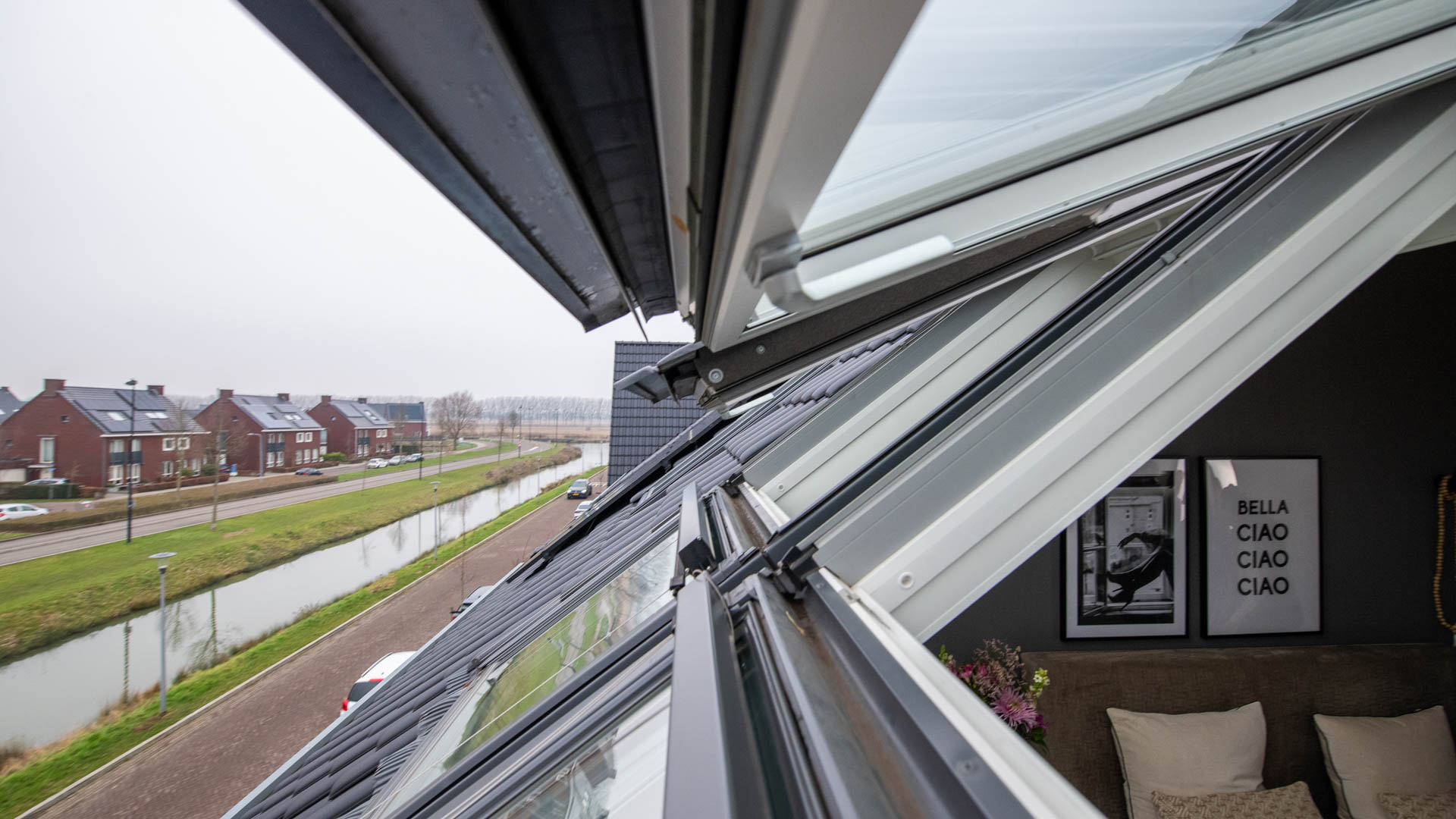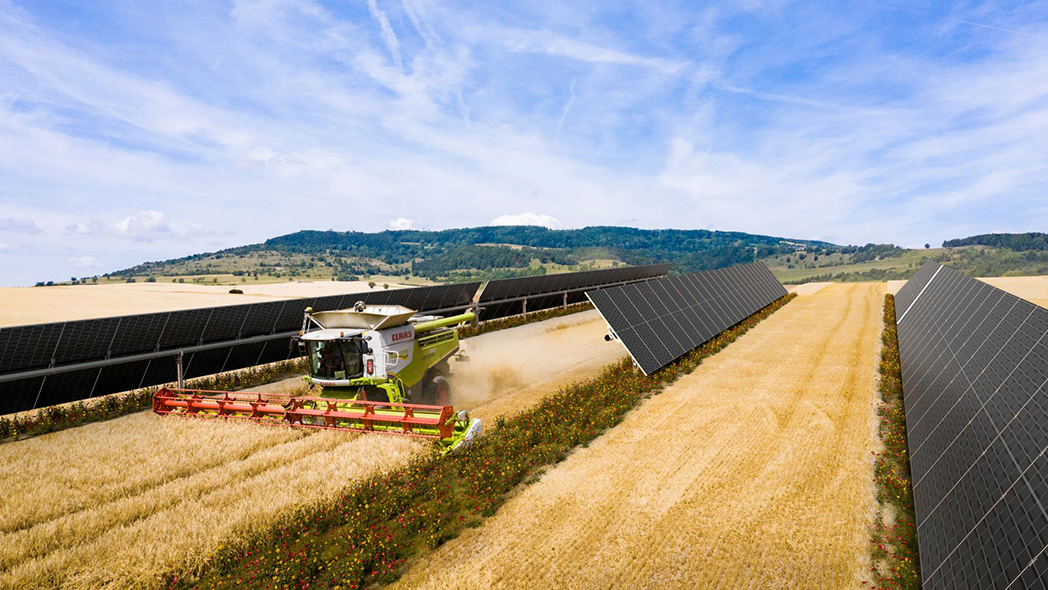In the VELUX Group, 98% of our carbon footprint relates to scope 3 emissions and comes from outside our own operations; the majority is from the materials used in our products. To achieve our emission reduction goals, we must work closely with our partners and suppliers.
Understanding our emissions is the first step to reducing them
To improve how we measure and report emissions, we are asking suppliers to report emission data to us. Reporting through CDP is one acceptable way to disclose data. This is a global disclosure system that enables organisations to manage their environmental impacts. Supplier-specific data provides a more accurate overview of our scope 3 emissions and helps us determine if our decarbonisation initiatives have the required effect.
By the end of 2023, 126 suppliers reported their environmental data through the CDP model. For our suppliers of direct materials, this represents at least 72% of our scope 3 emissions from the purchase of direct materials. We also engaged with our top suppliers and encouraged them to set their own carbon reduction targets in line with science. By the end of 2023, 33 of our suppliers, representing around 3% of our scope 3 emissions, have set targets under the Science Based Target initiative. We will continue our efforts to expand the share of emissions covered by science-based targets and have included this as an expectation towards all suppliers in our Supplier Decarbonisation Policy.

Supplier partnerships to remove carbon
During the last few years, we have established several co-operations with suppliers across our value chain to source materials with low carbon footprints to help us reduce our scope 3 emissions by 50% by 2030. These partnerships also support our suppliers in their efforts to decarbonise their own operations.
Hydro
In 2022, we established a partnership with Hydro, a Norwegian aluminium supplier. By using the low-carbon products Hydro REDUXA® and Hydro CIRCAL®, the carbon emissions per kilo of aluminium used in the manufacturing of VELUX roof windows, flat-roof windows, and accessories (shutters and blinds) will be reduced.
Through this partnership, we plan to reach a level of below 2.0 kilogrammes of carbon per kilogramme of aluminium by 2030. This is less than one-fifth of the current European average.
ArcelorMittal
We signed a long-term agreement with ArcelorMittal to supply lower-carbon emission steel. Metals (excluding aluminium), of which steel constitutes the main part, account for 6% of our total scope 3 emissions.
Novelis
In 2022, we started working with Novelis, the world’s largest aluminium recycler, to provide high-recycled content aluminium for use in our products. Recycling aluminium only requires 5% of the energy and results in up to 95% fewer carbon emissions than manufacturing primary aluminium.
The aim is to reach below four kilograms of carbon emitted per kilogramme of supplied flat-rolled aluminium by the end of 2024. This is well below half of the average carbon footprint of primary aluminium used in Europe.

Renewable power in Europe - BayWa r.e.
We are working with BayWa r.e. to develop two new solar photovoltaic (PV) plants in Spain that can supply renewable electricity equivalent to the power used by all of our European operations. The two plants are located in southern Spain - one in Gerena near Seville (60 MWp) and one in Alhendín (56 MWp) in nearby Granada. The Alhendín plant was completed and connected to the grid in 2024. This includes BayWa’s first installation of innovative Agri-PV technology in Spain, which will allow for crops to grow in between the solar panels. The Gerena plant is scheduled to be commissioned in July 2025. When both are fully operational, they will generate 167 GWh of renewable electricity every year. This is equivalent to the electricity consumption of approximately 45,000 European homes.
80% of the total electricity generated by the plants is covered by the Power Purchase Agreements with VELUX. This will reduce the yearly carbon footprint of VELUX by approximately 32,000 tonnes of CO2 from our European operations and activities (Scope 2, location-based CO2 emissions).
.jpg) Photo: Jonas Lysholdt Ejderskov / WWF Denmark
Photo: Jonas Lysholdt Ejderskov / WWF DenmarkForest conservation with a focus on people, nature, and climate
We are committed to reducing and removing CO2 equivalent to our historical carbon emissions (scope 1 and 2) since our foundation in 1941 and up until 2041 – our 100th anniversary. To help us deliver on this commitment, in 2020 we entered a 20-year partnership with the World Wide Fund for Nature (WWF). Our twenty-year partnership will deliver a portfolio of forest projects that are designed to improve biodiversity and support local communities.
The partnership aims to contribute the verified carbon credits to the host countries’ national climate targets under the Paris Agreement. The credits will not be traded or used for offsetting by the VELUX Group or any other organisation.
